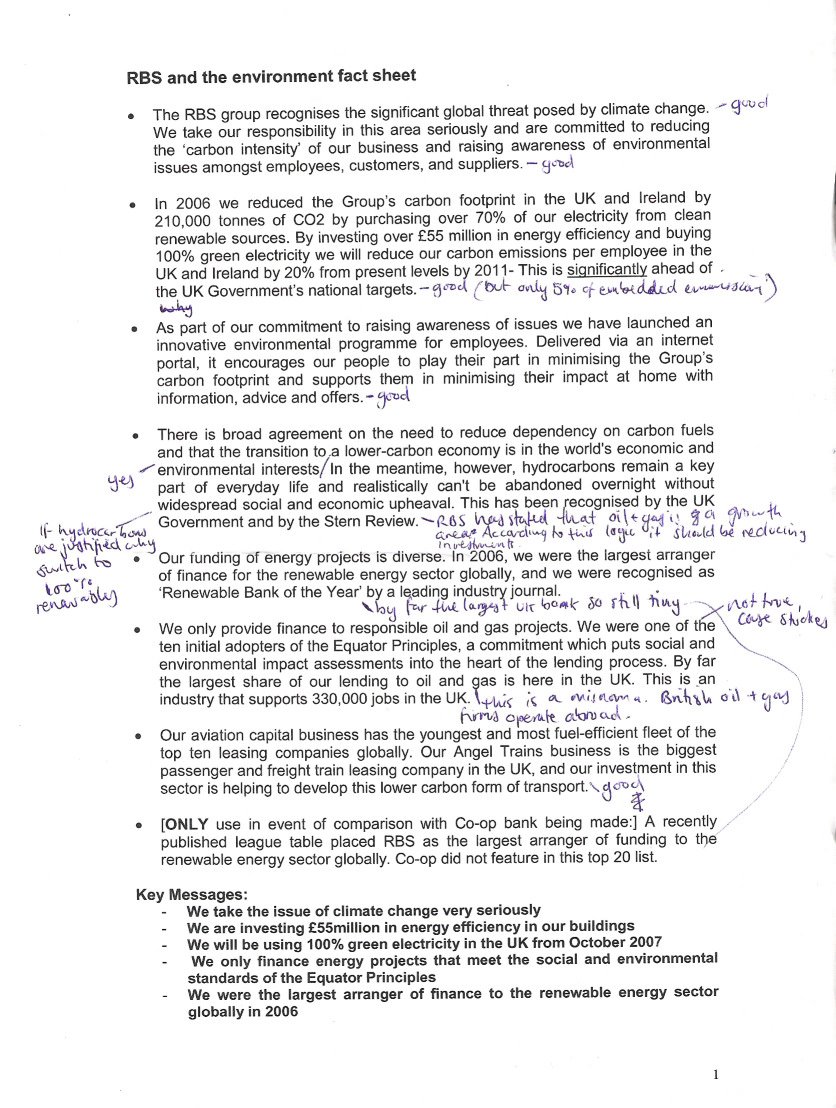
If like me you watched the BBC’s Pacific Abyss programme last night you’ll be aware of the glory that is the South Pacific’s fish population. Also like me, you probably felt impotent fury at the expedition’s discovery of destruction of fish habitat and species decimation.
But if the fish disappear, it’ll be, paradoxically, partiallybecause of our love of animals – specifically our cats:
Spoilt Western cats endangering global fish supply
Cats with a fondness for gourmet meals are threatening fish supplies, an Australian scientist says.
Deakin University scientist Dr Giovanni Turchini has discovered an estimated 2.48 million tonnes of forage fish – a limited biological resource – is consumed by the global cat food industry each year.
“That such a large amount of fish is used for the pet food industry is real eye-opener,” Dr Turchini said.
“What is also interesting is that, in Australia, pet cats are eating an estimated 13.7 kilograms of fish a year which far exceeds the Australian average (human) per capita fish and seafood consumption of around 11 kilograms.
“Our pets seem to be eating better than their owners.”
I can’t even feel slightly smug; although I don’t eat fish at all, wild or farmed, and don’t buy fish for the cats, except for the occasional farmed-salmon, offcut-based wet food, even then I’m not off the hook, so to speak. Many dry catfoods contain fishmeal and bone, even the ones labelled things like ‘100% Fresh’ or ‘100% Natural, Human Grade’, or ‘100% Organic and Oven-Baked!’, or any of those other little codewords that appeal to the middle-class, ecologically aware cat lover. Like me.
Whole populations of wild forage fish like sardines and herrings are hunted almost to extinction by giant factory ships for this stuff. Buying these foods also adds to the enormous profits of giant international feed and commodity corporations – and commercial foods can kill.
The only ethical course I suppose is to feed them what I eat. Here kitteh, have a nicey mint imperial…
No, won’t work.
Last week I found myself paying 25 euro, twenty quid, for a bag of renal catfood for our Monty, who’s somewhere around 15 and slowly tottering towards eternity. I didn’t enquire what was in it: he’s our cat, he’s sick, we love him. And that’s the problem right there. Even someone who’s silly about fish, like me, is inadvertently contributing to their destruction in many different ways, inadvertent and not so inadvertent (see above).
There seems no way out of this dilemma – except to try and develop less self-indulgent, more utilitarian attitudes towards our pets. We can go aaah at tiny baa-lambs can’t we, and then happily eat a slice of the leg with a helping of mint sauce, or a kebab with extra shish, so why can’t we farm cats when the fish runs out? We’ll have to find something else to cover in breadcrumbs and feed to small humans when the oceans are empty – so why not the kitteh-finger?




